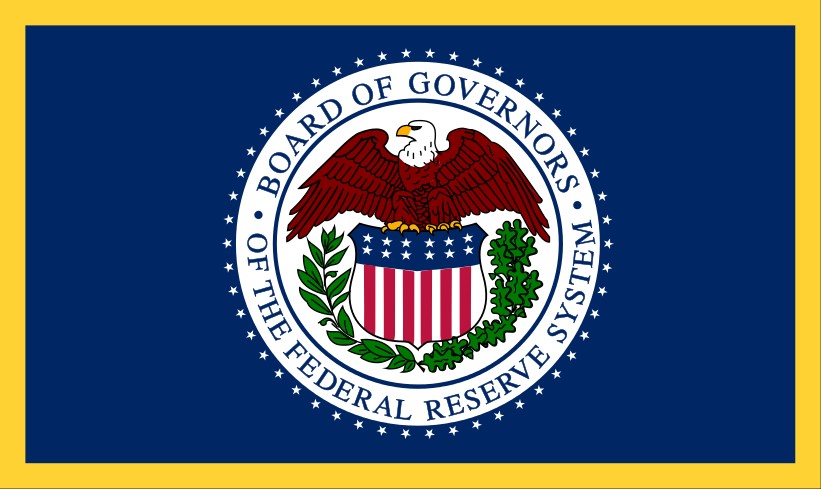Fed demands better PEP surveillance from United Bank
Chris Hamblin, Editor, London, 25 July 2018

The US Federal Reserve has ordered United Bank, the major Pakistani private bank and asset manager, to step up its efforts to keep track of suspicious transactions.
United Bank is based in Karachi in Pakistan and is one of the largest banks in that jurisdiction's private sector. It has offices in Bahrain, China, Iran, Qatar, Oman, Pakistan, the United Arab Emirates, the UK, the US, Switzerland, Tanzania, and Yemen.
The bank conducts operations through a branch in New York, for which the Fed is the appropriate federal supervisor. A recent visit (known in the US as an 'examination') revealed deficiencies relating to the branch's risk management and compliance with the Bank Secrecy Act 1970, the US Treasury's rules issued thereunder and the Fed's Regulation K, which obliges it to report suspicious activity and maintain an adequate BSA/AML compliance programme.
A written agreement between the Fed on the one hand and the branch and its headquarters in Pakistan on the other mentions compliance with the dictates of the Office of Foreign Assets Control (OFAC) as well. In the next three months, according to this agreement, the bank must submit plans to "improve the management information systems reporting" of the branch’s compliance with the BSA and OFAC's regulations to the senior management of the branch and, indeed, of the bank as a whole, along with plans to ensure that someone is keeping adequate track of BSA/AML/OFAC issues and sending them off to be reviewed by the branch’s senior managers.
An independent third party is to oversee this activity. The Fed has been merciful and given the bank leeway to appoint a firm of its own choosing as long as the appointment is 'acceptable' to the regulator.
The bank must submit a revised compliance programme that provides for a comprehensive BSA/AML risk assessment that takes in all of the branch's products and services and types of customer, including politically exposed persons or PEPs, and geographic locations. In doing so, it must:
- identify all risks and mitigating factors;
- support its observations with documents and some analysis; and
- "require the annual review and update of the methodology."
United Bank has been in trouble of this kind before. In 2013 the Fed imposed new transaction monitoring procedures and a transaction review on the New York branch, this time in relation to remittances between New York and Pakistan.












